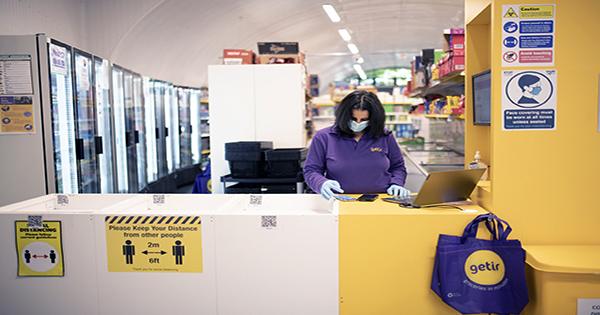In the case of Adnan Syed, a Maryland man serving a life sentence for the murder of his ex-girlfriend Hae Min Lee, new DNA evidence has been sought. The tests, which were ordered by a court, will use DNA technology that was not available during Syed’s first trials in 1999 and 2000. According to the evidence given at the time of Syed’s conviction, the murder entailed a vehicle battle. This is at the heart of the demand for further forensic studies, since Syed’s counsel has stated that the killer would have had to be quite near to the victim, and hence a detectable degree of DNA transfer is to be expected.
According to CNN, the petition stated that “Ms. Lee’s clothing, shoes, and various other evidence retrieved from the scene have not been subjected to DNA testing.” “(Syed) intends to evaluate the biological evidence acquired at the site using the most modern DNA testing procedures now available in an attempt to exonerate him.” Police in Baltimore have 15 days to gather the required evidence and transport it to the Forensic Analytical Crime Lab in Hayward, California, for testing. According to The Philadelphia Inquirer, these will next be run through CODIS, the FBI’s criminal justice DNA database.
While the specific tests will be determined by the crime lab, Syed’s lawyer, Erica J Suter, has requested touch DNA analysis, which is termed for the fact that it simply takes a person to touch an object in order for it to be discovered via skin cells or body fluids. Suter has also requested that investigators determine whether a DNA profile can be identified and matched to a specific individual. At the time of the murder, forensic investigation of fingernail clippings, blood, and a condom was performed, but none of them revealed many traces of Syed, therefore it wasn’t regarded exculpatory evidence.
Following the extremely famous podcast series Serial, in which journalist Sarah Koenig investigated the events leading up to and following the murder of Min Lee, Adnan Syed has been the topic of intense controversy. Syed was originally investigated by the police because he had previously dated Min Lee, whose death was discovered in Baltimore’s Leakin Park on February 9, 1999. On February 12, an anonymous call was made to detective Daryl Massey, claiming that Syed should be investigated. On February 28, he was apprehended.
Following a brief mistrial in 1999, Syed was convicted guilty after a six-week trial in 2000. Following Koenig’s podcast, which was downloaded over 300 million times, many efforts at a retrial were made. None of them, however, were able to make it to court. DNA testing in criminal cases was first presented in 1985, allowing forensic scientists to identify a specific person’s presence at a crime scene using skin, hair, blood, and other body fluids. Tommie Lee Andrews, a serial rapist from Florida, was the first person to be convicted using DNA evidence.
















